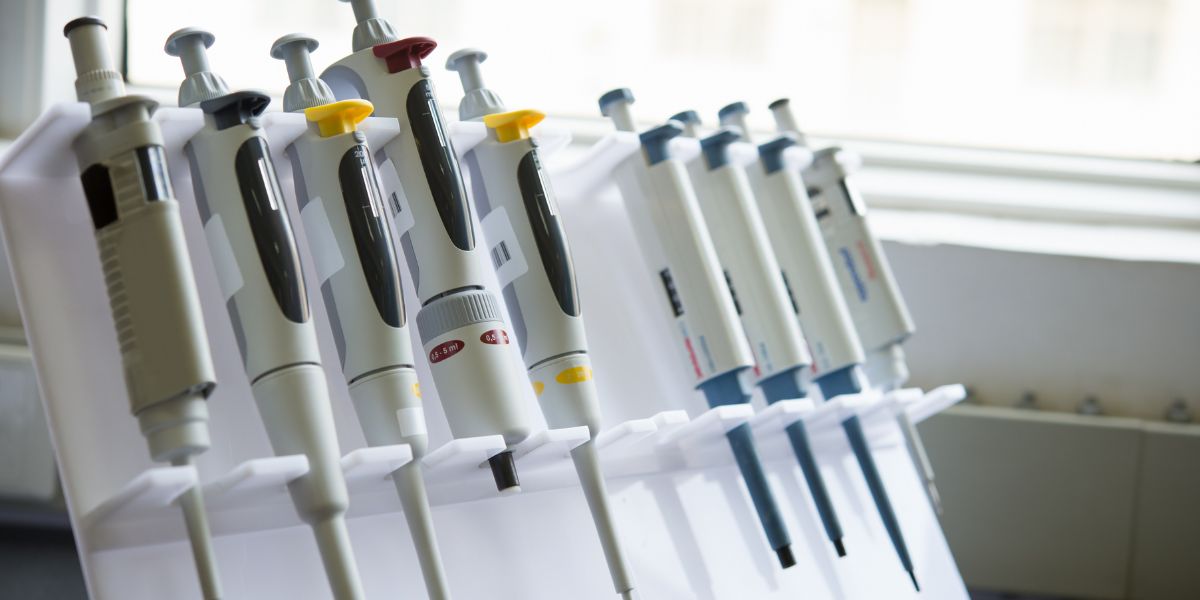
In a science lab, pipettes play a crucial role that cannot be overstated. Think about the precision required in handling minuscule volumes of liquids, the accuracy necessary for reliable measurements, and the reproducibility vital for scientific validation. Without the indispensable tool that is the pipette, imagine the challenges and uncertainties that would cloud experimental outcomes. But what exactly makes these instruments so indispensable in scientific pursuits? Let's explore the intricate web of reasons that underpins the essential nature of pipettes in any laboratory setting.
Precision Liquid Handling
When using pipettes in a science lab, ensure precise liquid handling with steady hands and controlled movements. Maintaining accuracy in the volume of liquids dispensed is crucial for obtaining reliable experimental results. Start by selecting the appropriate pipette size for the volume needed, ensuring it falls within the pipette's calibrated range. Before aspirating the liquid, make sure the pipette tip is securely attached to prevent any leaks during transfer.
When drawing in the liquid, position the pipette tip below the surface to avoid introducing air bubbles that could affect the volume dispensed. Slowly press the plunger to release the liquid, and always dispense it against the side of the receiving vessel to prevent splashing or loss of the sample. To ensure precision, wait a second before withdrawing the pipette to account for any liquid that might still be in the tip.
Accuracy in Measurements
To ensure precise experimental outcomes, maintaining accuracy in measurements is imperative when using pipettes in a science lab. When conducting experiments, even the smallest error in measurement can lead to significant deviations in results. Pipettes are designed to deliver specific volumes of liquids accurately, making them essential tools for ensuring the reliability of your data. By carefully calibrating and using your pipette correctly, you can minimize errors and improve the accuracy of your measurements.
To achieve accurate results, always use the appropriate pipette size for the volume you need to measure. Make sure to zero the pipette properly before each use to account for any variations. Additionally, handle the pipette with care to prevent any damage that could affect its accuracy. Regularly calibrating your pipettes and following proper maintenance procedures will help maintain their accuracy over time.
Reproducibility in Experiments
Ensuring the reproducibility of your experiments is crucial for validating your results and confirming the reliability of your findings. Reproducibility refers to the ability to repeat an experiment and obtain consistent results. By conducting experiments that can be reproduced by other researchers, you strengthen the credibility of your work and contribute to the overall advancement of scientific knowledge.
To enhance reproducibility, it's essential to document your experimental procedures meticulously. Detailed records of the materials used, the methods followed, and any unexpected observations can help others replicate your experiments accurately. Standardizing protocols within your lab and following established guidelines can also improve reproducibility across different studies.
Furthermore, transparent reporting of your results, including both positive and negative findings, is crucial for reproducibility. Sharing data openly and making your research methodology accessible allows other scientists to verify your results and build upon your work. Ultimately, prioritizing reproducibility in your experiments promotes scientific integrity and fosters trust within the research community.
Essential for Data Integrity
Maintaining accurate measurements is paramount for preserving the integrity of your data in scientific research. Pipettes play a crucial role in ensuring data integrity by allowing you to dispense precise volumes of liquids. In a lab setting, even the smallest error in volume measurement can lead to significant deviations in your results. By using pipettes correctly, you can minimize these errors and increase the reliability of your data.
Inaccurate measurements can skew your findings and potentially invalidate your entire research. Pipettes help you avoid such pitfalls by enabling you to transfer exact quantities of reagents, samples, or solutions. This precision is particularly important when conducting experiments that require precise concentrations or when analyzing substances with limited availability.
Furthermore, maintaining data integrity isn't only essential for the credibility of your current research but also for the advancement of science as a whole. By upholding high standards of accuracy in your measurements with the help of pipettes, you contribute to the reliability and reproducibility of scientific findings.




